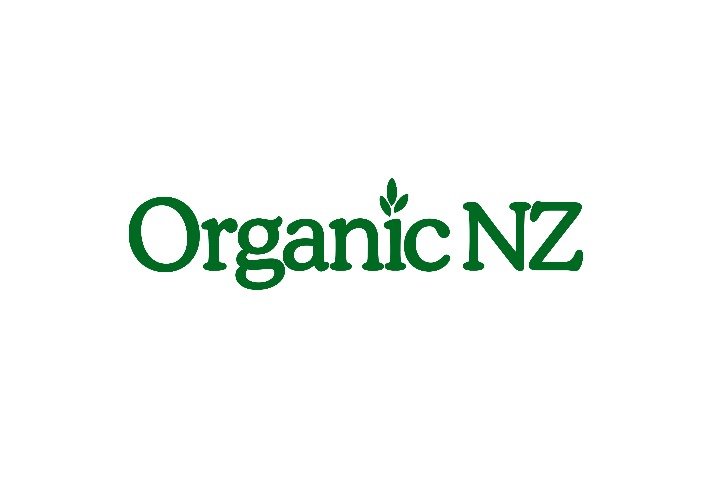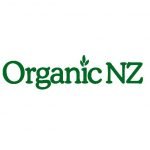Organic Cheats
Organic Cheats – The Commerce Commission has you in its sights.
Fine distinctions are out – Consumer expectations are now the benchmark as to what is acceptable and what is not.
Earlier this year Organic NZ was sent photos of egg carton labelling and asked how the company could get away with what seemed to be a claim of organic status based merely on using certified feed.
The “Organic” brand is bigger than any other wording on the package.
We were equally perplexed by Commerce Commission advice that the labelling did not raise issues of misleading advertising. This seemed at odds with the Commission’s recent prosecution over organic chicken sold by a butcher in Auckland. (See p16, Organic NZ July/Aug 06) Although the chickens came from certified organic farms, they were butchered at a Mt Eden butchery which was not certified. The Commission also prosecuted over honey soy chicken nibbles advertised as “organic” when the marinade was not organic. The butcher was fined $3,700.
Commerce Commission director of fair trading, Deborah Battell said then “Consumers expect both ‘organic’ and ‘certified organic’ products to be 100 percent organic through the entire chain, from farmyard to shop shelf.”
“This includes any ingredients that are added to products.”
So we asked the Commission what distinction it made between non-organic marinade and claiming organic status for eggs merely based on organic feed being used.
Our inquiry brought the involvement of Yvette Popovic, the Commerce Commission’s Chief Adviser, Policy & Compliance Strategy, Fair Trading, who says she has personally reviewed the egg labelling case and has concluded that we’re right.
“The advice that went out from our Contact Centre as to why there is no breach of the Fair Trading Act isn’t actually correct. It was seen in a narrower light. So thank you, you’ve done us a service.”
“When it was assessed originally I think it was considered that [the label] referred clearly to certified seed therefore it must be okay. When I examined I thought no, when you looked at the overall impression of the labelling, it’s not just the seed that should have had certification. It’s the eggs themselves and the whole production process to get to those eggs.
“You are right: Simply with feed being certified we wouldn’t think you could call the packaged product ‘organic’. I agree that you can’t isolate representations on a package. You have to take the overall impression.”
“But the actual finding still stands as there being no contravention. In fact at the time that packaging was out there, the whole process was actually certified – not just the seed.”
Legal niceties aren’t what counts
Yvette Popovic says the Commission finds the area of organics quite difficult.
“There is the voluntary organic standard but we don’t actually agree with parts of that standard, because the standard allows for tolerances and we take the quite firm view that organic means 100 percent organic and not 95 percent.
“We also don’t think it means as good as you can get.
“We think that if you choose to use that label (and often charge a premium) it’s important that it is correct. People often seek out those labels and people can’t verify these things themselves; they just have to rely on the labelling.”
Such statements from The Commerce Commission support Soil & Health’s position: that if you’re using the term “organic” it has to clearly mean what it says or else it means nothing.
Ultimately it’s likely to be in the broad court of public opinion where the battle will actually be won or lost, rather than in marketing semantics or judicial statements on law.
“It’s not a ruling because we can’t make one, only a court can,” says Popovic, “but at the end of the line we feel strongly enough about the issue to make statements because that’s how we believe the ordinary consumer would view these claims.”
“We take these matters to try to get judicial pronouncement. If the accused pleads guilty we don’t get that judicial pronouncement. We get a result that clearly seems to support what we’re saying, however we’re still at the point of saying that’s only our opinion.”
It would seem to be an important development nonetheless. The Commission’s stance and its public statements feed back into the public perception of what they can expect, and the Commission’s stance on behalf of the consumer connects well with the original foundation of Organics – not as a commercial movement but as a philosophical commitment to quality in food. The Commerce Commission’s stance has caused even a number of people who consider themselves stalwarts of the organic movement to pause and look over their shoulder because it is such a staunch position.



